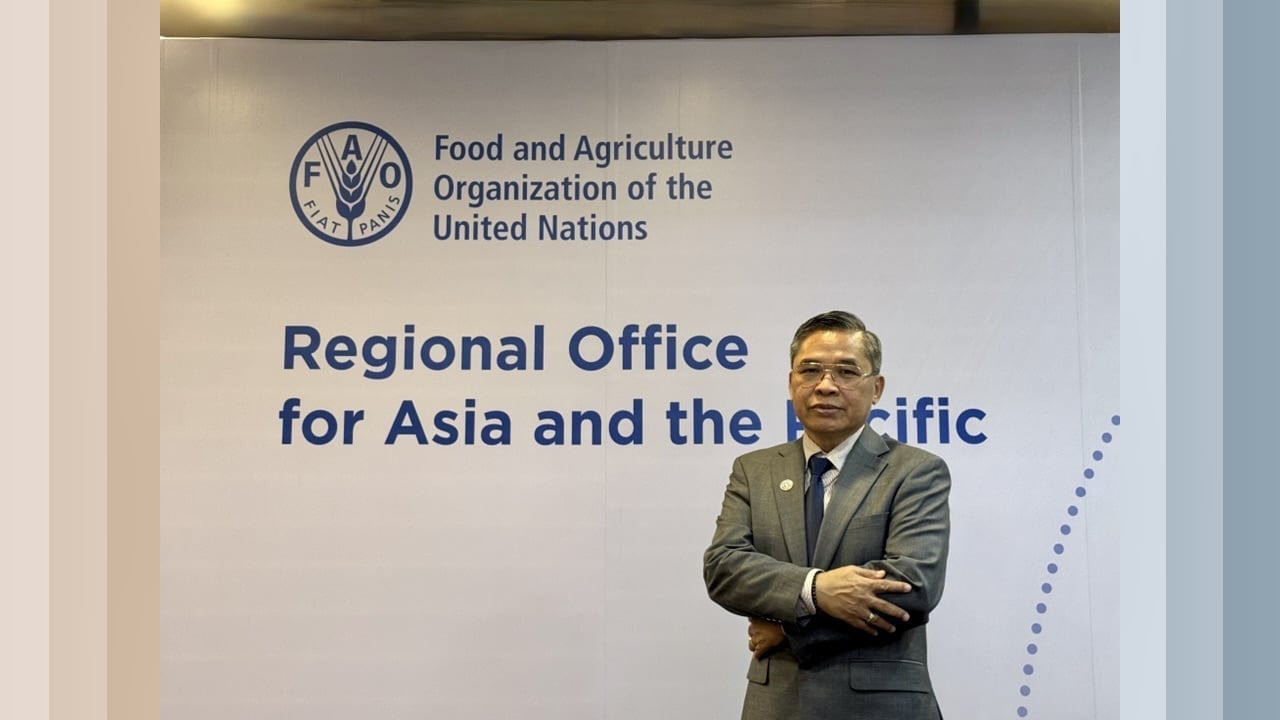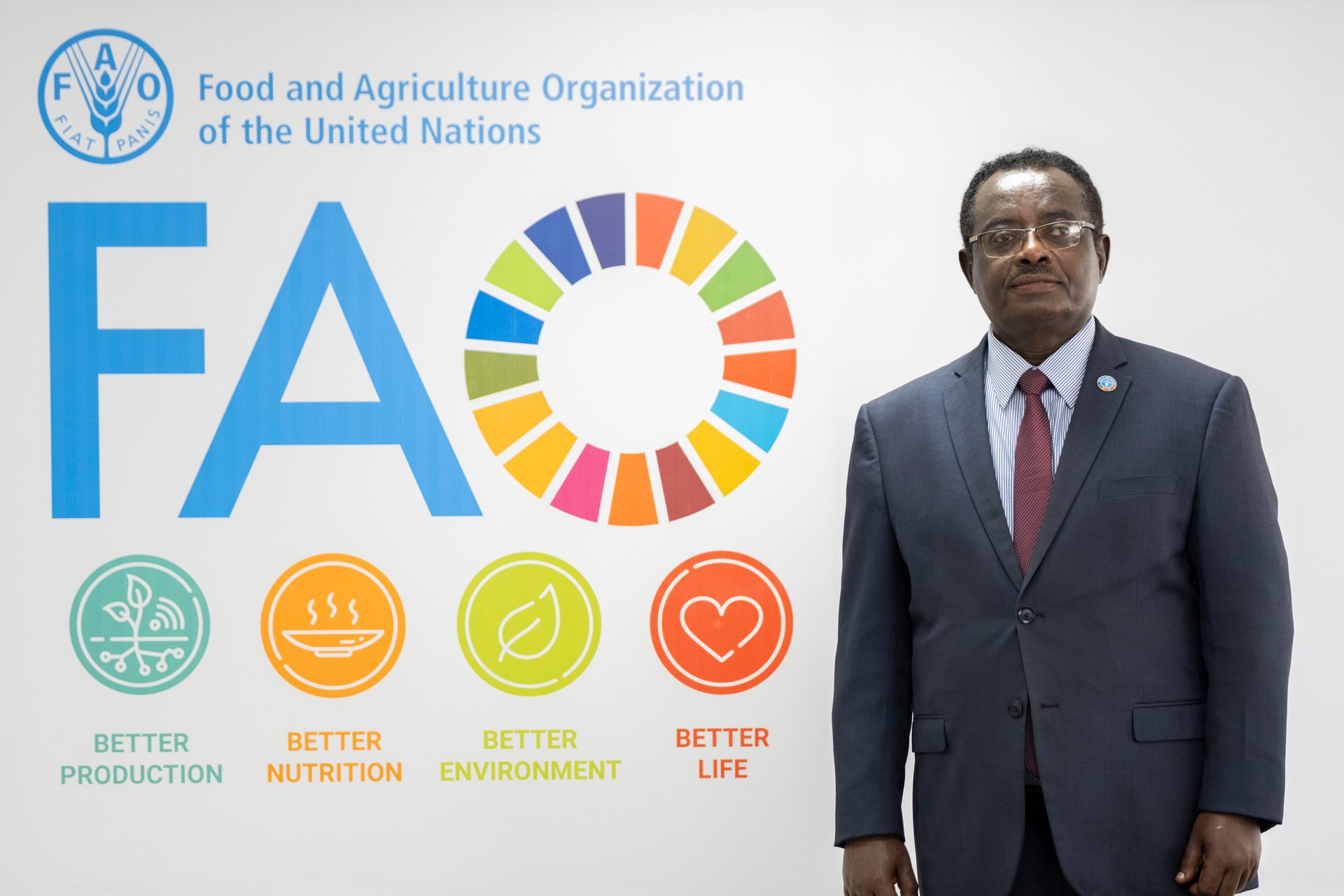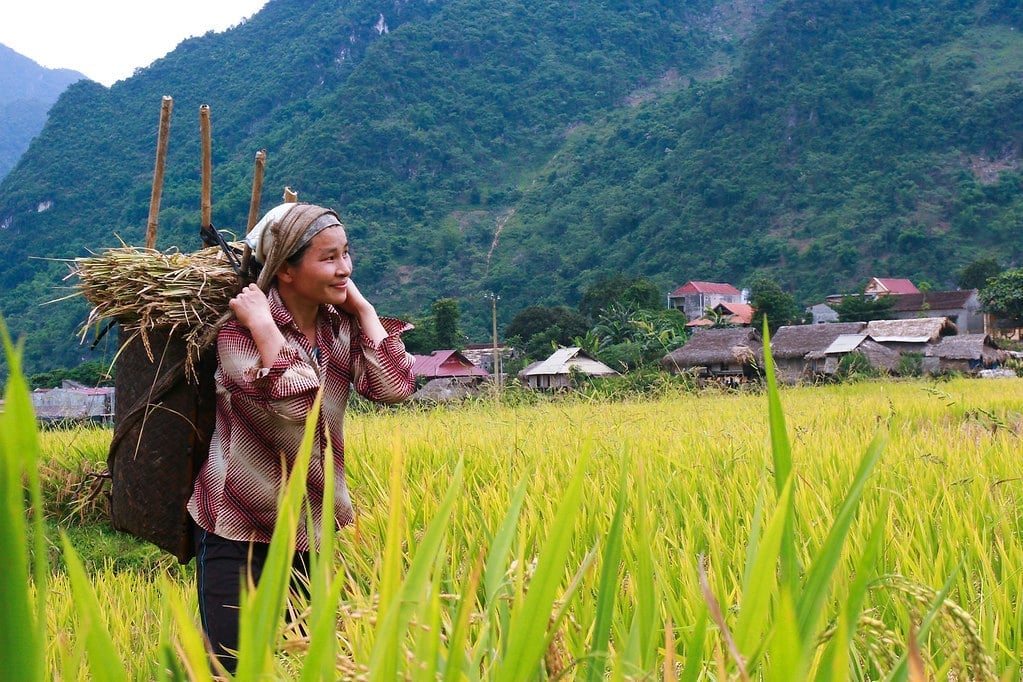January 2, 2026 | 22:29 GMT +7
January 2, 2026 | 22:29 GMT +7
Hotline: 0913.378.918
January 2, 2026 | 22:29 GMT +7
Hotline: 0913.378.918
On July 15, the Ministry of Agriculture and Environment will collaborate with the Food and Agriculture Organization of the United Nations (FAO) to host theHigh-Level Inter-regional Knowledge Exchange on One Country One Priority Product (OCOP) Models. The high-level dialogues will focus on the “One Country, One Priority Product” model (the international version of OCOP), aiming to increase productivity, enhance competitiveness, ensure clear traceability, and expand market access opportunities.
“One Country, One Priority Product” (OCOP) is a global initiative launched by FAO in 2021, aimed at supporting countries in developing distinctive agricultural products with high economic, cultural, and ecological potential.
FAO is collaborating with 23 countries in the Asia-Pacific region to promote the OCOP initiative through science, innovation, and multilateral cooperation. According to Mr. Alue Dohong, Assistant Director-General and FAO Regional Representative for Asia and the Pacific, this will be the first forum in Vietnam to bring together leading agricultural policymakers from Africa and Asia.
“Vietnam is a remarkable model with its OCOP program. This innovative approach not only transforms the rural economy and reduces the wealth gap but also promotes healthy diets.
It is this very program that inspired FAO to develop the global OCOP initiative, supporting countries to focus on developing distinctive agricultural products that are nutritious, climate-resilient, and rich in cultural identity,” said Mr. Alue Dohong.

According to Alue Dohong, Assistant Director-General and FAO Regional Representative for Asia and the Pacific, this is the first forum in Vietnam to bring together leading agricultural policymakers from Africa and Asia. Photo: FAO.
More than 30 countries in the Sub-Saharan Africa region have participated in FAO’s OCOP program. To date, nearly 20 distinctive agricultural products have been selected, including Ethiopia’s teff, Malawi’s bananas, Tanzania’s avocados, and Guinea-Bissau’s cashew nuts.
According to Mr. Abebe Haile-Gabriel, Assistant Director-General and FAO Regional Representative for Africa, OCOP is not simply about selecting a key crop but also promotes the transformation of agricultural systems towards the development of green, efficient, inclusive, sustainable, and highly adaptable value chains.
“Knowledge sharing and collaborative development play a crucial role in overcoming common challenges and ensuring that no one is left behind. Therefore, this event hosted by Vietnam will open valuable opportunities for African and Asian countries to exchange experiences, learn from each other, and establish cooperative partnerships,” affirmed Mr. Abebe Haile-Gabriel.

Mr. Abebe Haile-Gabriel believes the Forum is an opportunity for African and Asian countries to exchange experiences, learn from one another, and establish cooperative partnerships. Photo: FAO.
Ten countries in the Near East and North Africa region, including Egypt, Iraq, Jordan, Lebanon, Morocco, Syria, Tunisia, Yemen, Algeria, and Saudi Arabia, have actively engaged in the OCOP initiative. These nations have identified and prioritized a range of distinctive agricultural products that reflect their unique cultural identities and ecological strengths. Examples of such emblematic crops include dates, olives, figs, chickpeas, and more, each deeply intertwined with the heritage and natural conditions of their respective lands.
“Not only do these products symbolize adaptability rooted in indigenous knowledge and long-standing traditions, but they are also becoming key drivers of sustainable rural development,” remarked Mr. Abdul Hakim Elwaer, Assistant Director-General and FAO Regional Representative for the Near East and North Africa.

As a host country of the High-Level Inter-Regional Forum on the OCOP Model, Vietnam is regarded as a bridge for sharing agricultural experiences between Asia and Africa. Photo: FAO.
The OCOP initiative plays a vital role in empowering women and young people, restoring degraded ecosystems, enhancing biodiversity, and revitalizing local economies deeply rooted in cultural heritage. Under the strong leadership of national governments and extensive multi-sectoral collaboration, OCOP is successfully elevating the profile and market value of unique agricultural products on the global stage. At the same time, the initiative supports rural communities in building resilience to climate change and advancing systemic transformations within food production and distribution networks.
“Investment in OCOP needs to be sustained and expanded. Drawing on proven values, from indigenous knowledge and traditional models to effective practices, we can build a strong foundation for breakthrough progress. When combined with science, technology, and innovation, these factors will become a powerful driving force, shaping a sustainable, inclusive, and resilient food system capable of facing future challenges,” shared the FAO Regional Representative for the Near East and North Africa.
Translated by Phuong Linh

(VAN) Located in three former provinces, Nam Dinh, Thai Binh, and Ninh Binh, and now in two provinces, Ninh Binh and Hung Yen, "Red River Delta" is the name of Vietnam's first interprovincial coastal wetland World Biosphere Reserve.
/2025/12/29/1046-1-210728_624.jpg)
(VAN) In 2025, Viet Nam recorded severe and extreme disasters, breaking multiple historical records and causing heavy losses in lives, property, and infrastructure nationwide.

(VAN) Applied technologies, water-saving irrigation is a strategic solution to promote climate-resilient agriculture and strengthen water security in the uplands.
/2025/12/29/3936-3-163422_251.jpg)
(VAN) Can Gio mangrove forest in particular and the entire Can Gio Mangrove Biosphere Reserve in general hold great potential for carbon credits.

(VAN) Chu Pah Rubber has announced its products that comply with the EU Deforestation Regulation (EUDR), affirming its commitment to sustainable production and product origin transparency.

(VAN) Deputy Director Nguyen Hoai Nam stated that a digital data platform will be developed with agricultural sector databases, utilizing AI to help farmers make informed decisions on 'watering correctly, sufficiently, and efficiently.’
/2025/12/29/4841-2-134224_777.jpg)
(VAN) From only about 10 individuals in 2009, the wild elephant population in Dong Nai has recovered to nearly 30 animals after more than 10 years.